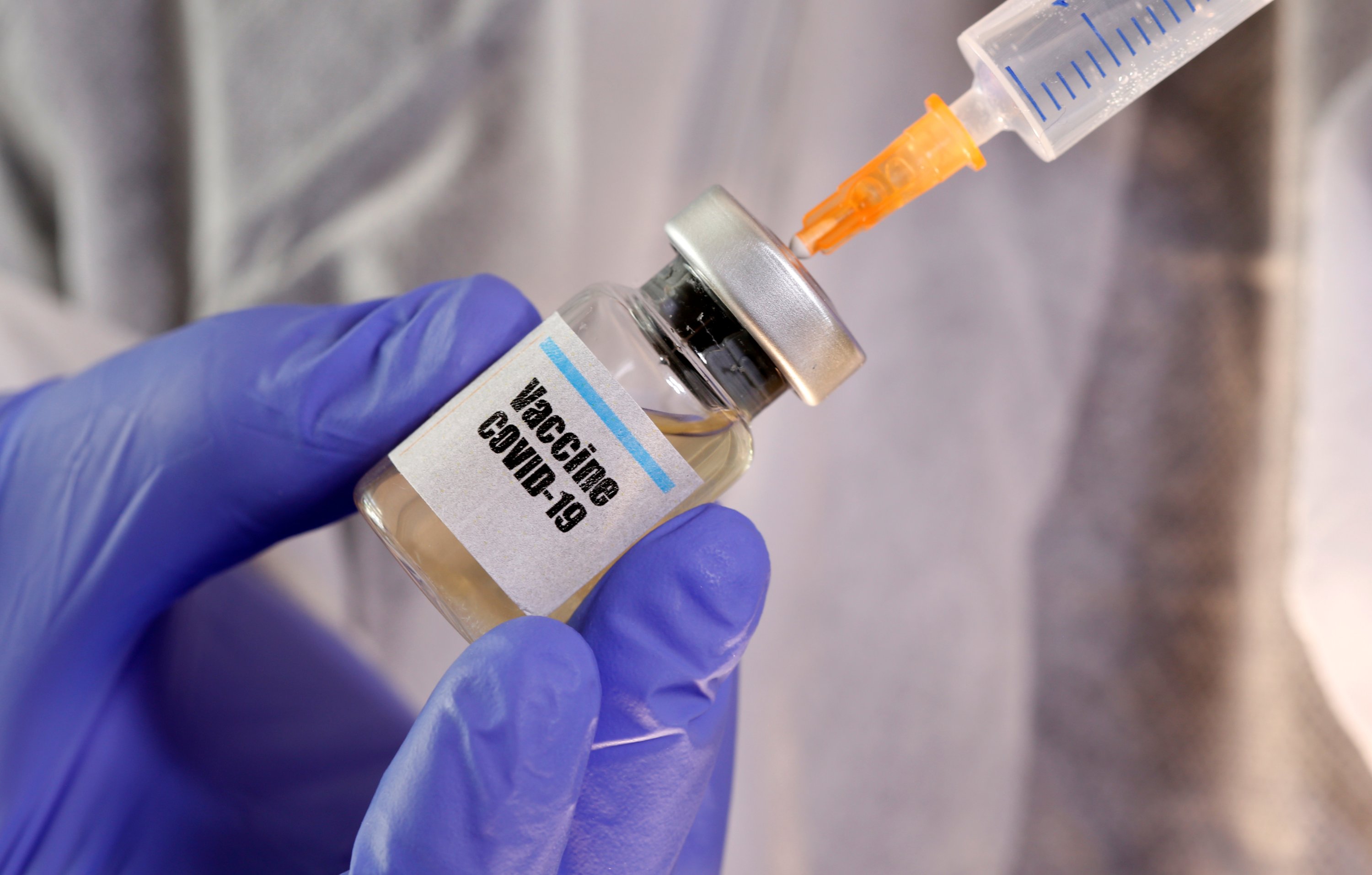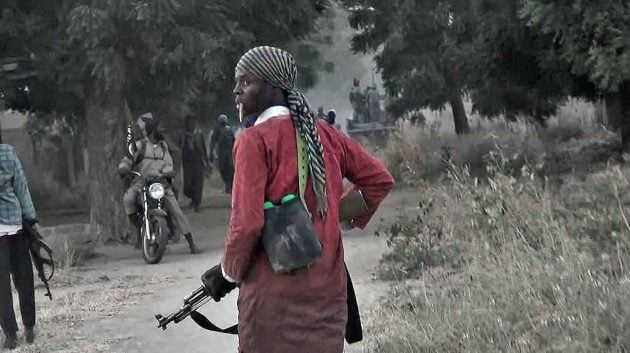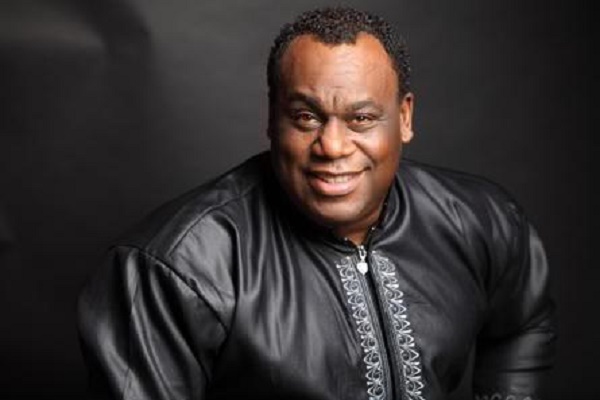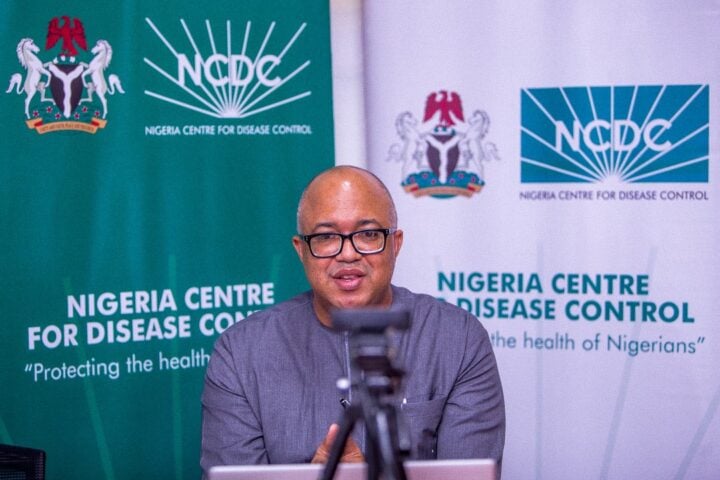Olorunnimbe Mamora, minister of state for health, says the federal government cannot yet give a specific amount on how much would be spent to purchase the required doses of COVID-19 vaccine for Nigerians.
Speaking at a media briefing of the presidential task force (PTF) on COVID-19 held on Thursday in Abuja, he said factors such as availability, accessibility and affordability were some of the issues being considered to determine the cost implication of purchasing the vaccine.
Mamora said a technical working group has been set up to advise the PTF accordingly, before a specific amount can be earmarked.
“At the moment, we have in place a technical working group looking at issues surrounding vaccines that are currently available and I can assure you more vaccines would be available as we move on,” he said.
Advertisement
“Now, the issues of vaccine. There are so many things we need to consider which will not make it possible for us to tell you precisely what the cost implication would be.
“There are concerns about the possibility of Nigeria getting the COVID-19 vaccine as quickly as possible — its acceptance, safety and the cost implication for each citizen to be vaccinated.
“There’s also the question of whether Nigeria would purchase more vaccines to cater for her population, aside that promised her by the World Health Organisation (WHO) through the COVAX partnership.”
Advertisement
According to Mamora, aside from affordability and availability, priority groups would also be considered, as well as logistics related to supply and distribution.
“First, it’s the availability. Is the vaccine available? Don’t forget that we are not manufacturing and so, there’s a natural tendency for the countries where these vaccines are produced to care for their people first,” he said.
“Even if it’s available, is it accessible? It may be available without being accessible. So that also comes up.
“Then is it affordable, because the vaccines are not free. The issue of management or administration of the vaccine is also there and that is being considered, and linked to this are the logistics of supply, storage and distribution.
Advertisement
“The vaccines come at different costs and these are the various issues being looked into before we can then determine how many of these vaccines we would need. For those we have at the moment (Pfizer/BioNTech and Moderna), they require two doses at intervals for about two to four weeks.
“You want to determine the priority groups whether the elderly, whether the frontline workers and those with comorbidities. These are a whole range of issues that we would need to work out.”
He also explained that any approved vaccine would need to be certified by the National Agency for Food and Drug Administration and Control (NAFDAC).
“We won’t just go and take any vaccine without subjecting it to the regulatory proccess in the country,” he added.
Advertisement






